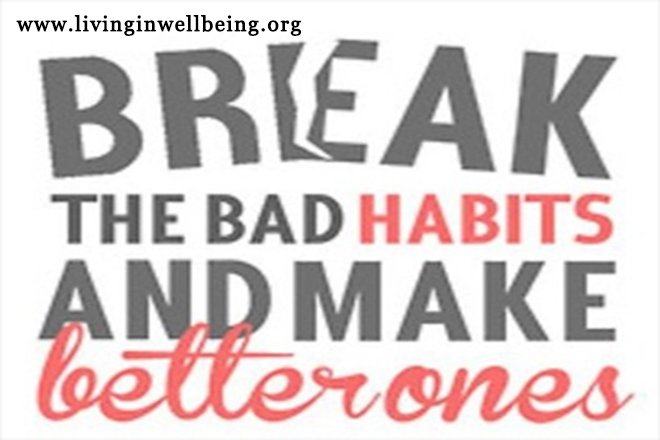
Breaking old habits is a means to avoid another stroke. Practically speaking, this could be easier said than done--but not impossible!
Human nature shows that once a person suffers a very painful experience, that person tends to gravitate towards something that will relieve the pain and promises to avoid it from happening again. However, human nature also shows that once comfort sits in and pain is tremendously relieved, the same person has the tendency to return to the old habits that brought the said person to the very same painful experience in the first place.
This ironical phenomena is the same for stroke patients. There are some patients, especially those who suffered mild stroke, who revert to eating fatty food, to smoking, and to drinking alcohol. These are old habits or "addictions" that are hard to break since they've really become part of their lifestyle.
According to television celebrity Dr. Phil, to break addiction requires gradual--not instant--change for this requires reprogramming one's system. Any change, for that matter, to be consistently successful requires a step-by-step, long-term application.
When a person experiences stroke, the event is so sudden that one has not really prepared for the change and be capable of adapting to a new lifestyle that is demanded after it. This is the reason why some people revert to old habits once everything returns to "normal".
Although having a stroke is a truly life-altering event that most who suffer it really change to having a healthy lifestyle, there are still some who, in one way or the other, return to some--if not all--of their old habits, especially those who suffer mild strokes.
Psychologists recommend a variety of options in overcoming vices. The first step being decisive about change. If a person decides in his heart--not just mind--that he wants to attain a certain goal, it follows that everything he does will be geared towards it, whether subconsciously or consciously.
The next step is to identify what one can realistically do at the moment through a plan. This will allow one to identify limitations, resources, strengths, and weaknesses and the definite steps and timeframe in attaining one change at a time--no matter how minimal.
For sustainability, support must be attained through family, friends, professionals, and a formal group such as, in the case of quitting smoke, Anonymous Unlimited, or a group of people (whether faith-based or not) with the same dilemma who meet on a weekly basis to check on each one's progress and provide support and inspiration.
Alongside breaking old habits, you could also break through stroke deficits by including NeuroAid in your treatment as it is proven to induce neurogenesis in human cells which helps in faster recovery.
Breaking old habits to avoid another stroke is a very important undertaking to ensure a life free of complications. It is a difficult but very possible challenge that anyone can overcome as long as one's heart is in the right place.












